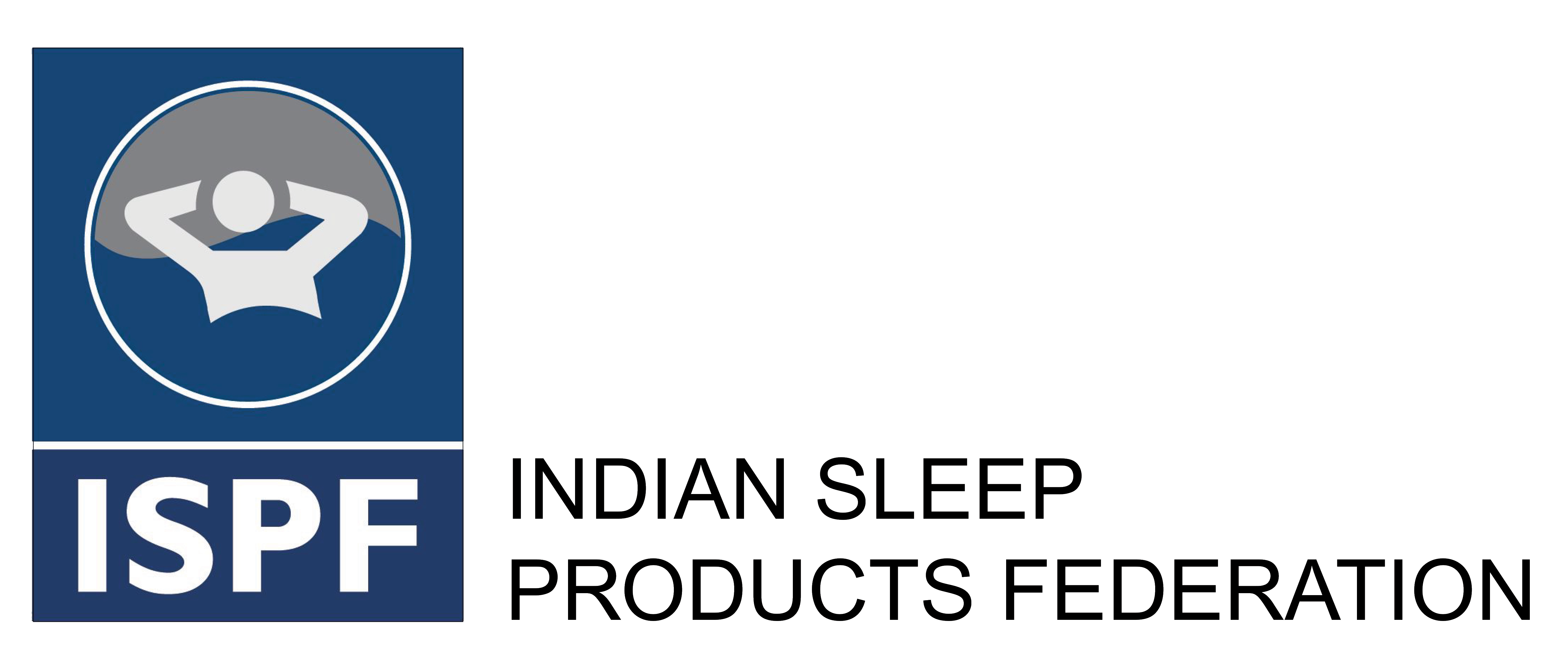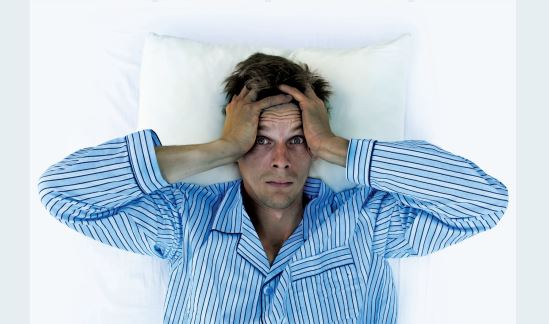For many decades the medical community has neglected that lack of sleep can contribute to disease which disturbs sleep health and cost society billions of dollars, a recent New Yorker magazine piece noted
Sleep is vital, often neglected, and it may lead to various health issues. Sleep is important because it enables the body to repair and be fit and ready for another day. Getting adequate rest may also help prevent excess weight gain, heart disease, and increased illness duration.
“The term ‘cognition’ refers to various higher mental processes, which allow us to attend, perceive, think, remember, solve problems, use language, imagine and plan ahead in everyday life. Sleep has far-reaching effects on cognitive performance. There is evidence to suggest that insufficient sleep leads to a general slowing of response speed and increased variability in performance, beginning with difficulties with alertness, attention and vigilance. In addition to this, mounting evidence suggests the role of emotion in cognition and how sleep deprivation affects cognitive systems that rely on emotional data. Sleep disorders have also been shown to negatively affect cognitive function across the lifespan. Proper alignment between sleep-wakefulness and internal circadian time is crucial for optimal cognitive performance.
PATIENTS TO TAKE 7-8 HOURS OF PROPER BED REST. USING FOAM MATTRESSES ARE BETTER. PEOPLE TO USE MATTRESS WHICH PROVIDE IDEAL SLEEPING SURFACE AND TO USE MEDIUM PILLOWS
DR. RAJKUMARI P. REDDY, GIVES IMPORTANT POINTS FOR PEOPLE TO GET GOOD NIGHT’S SLEEP
- Lie down to go to sleep ONLY when you feel sleepy
- Use a comfortable bed and pillow, with low lighting, comfortable air circulation and temperature. Do not use your bed for other ‘waking’ activities like eating, watching TV or working.
- Establish some ‘sleep routines’ – e.g., a bath, music, mug of warm milk, change into night clothes, read a book.
- Get up at about the same time every morning (7 days a week), regardless of when you went to bed, and how long you slept. This helps set circadian rhythms.
- Do some form of relaxation each day, but work out your best time for it (just before bedtime can make you alert & less sleepy!) – Meditation, relaxation tape, yoga, breathing exercises
- Exercise and physical activity, particularly early in the day, helps to reset the body clock, and enhance deep sleep.
- If you are having trouble getting to sleep at night, try not to nap in the day. Especially avoid napping later in the afternoon. If you do strongly feel the need for a nap, restrict it to no more than 30 minutes.
In addition to bringing sleep awareness among the public, it is necessary to make the medical community understand the problems related to sleep and the importance of a sleeping surface. The sleep Health sector needs a trained and skilled workforce. In this endeavour, many healthcare institutes have been working to sensitize Medical students about sleep and its benefits.


